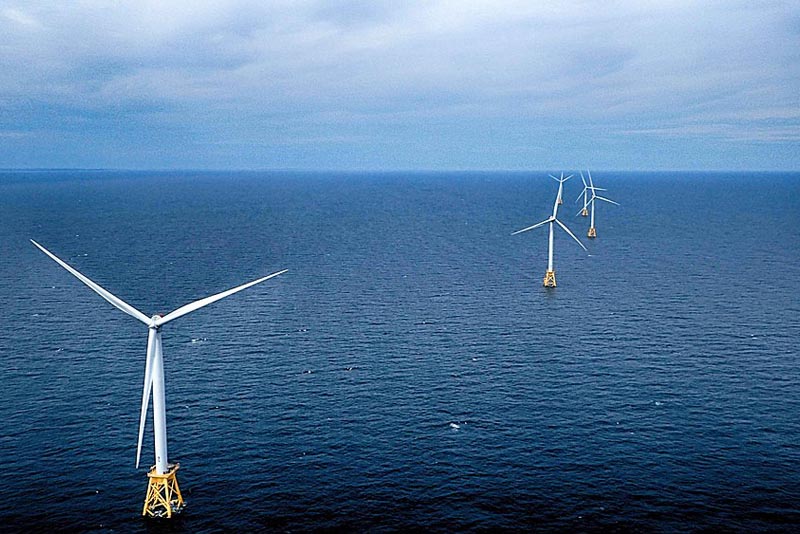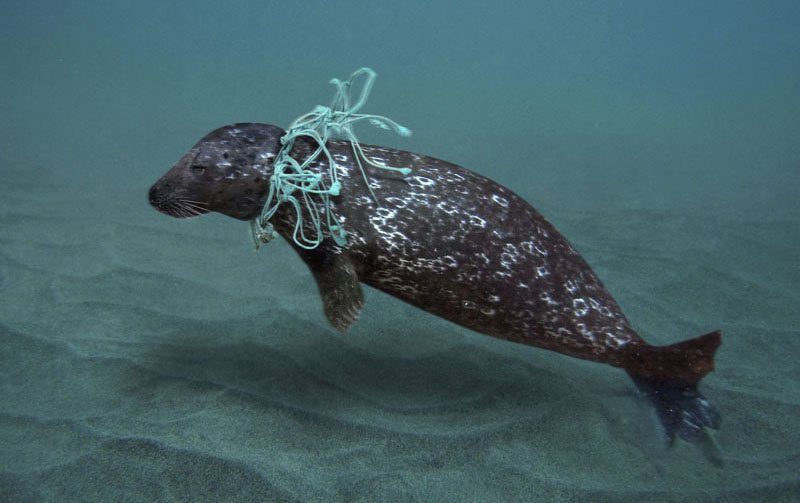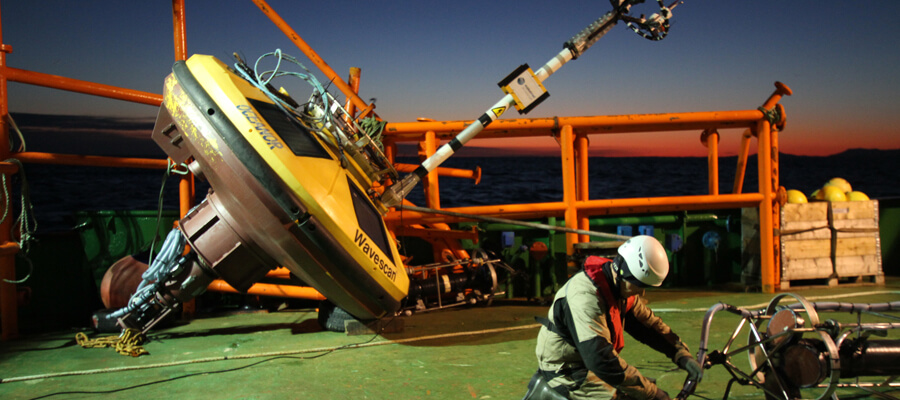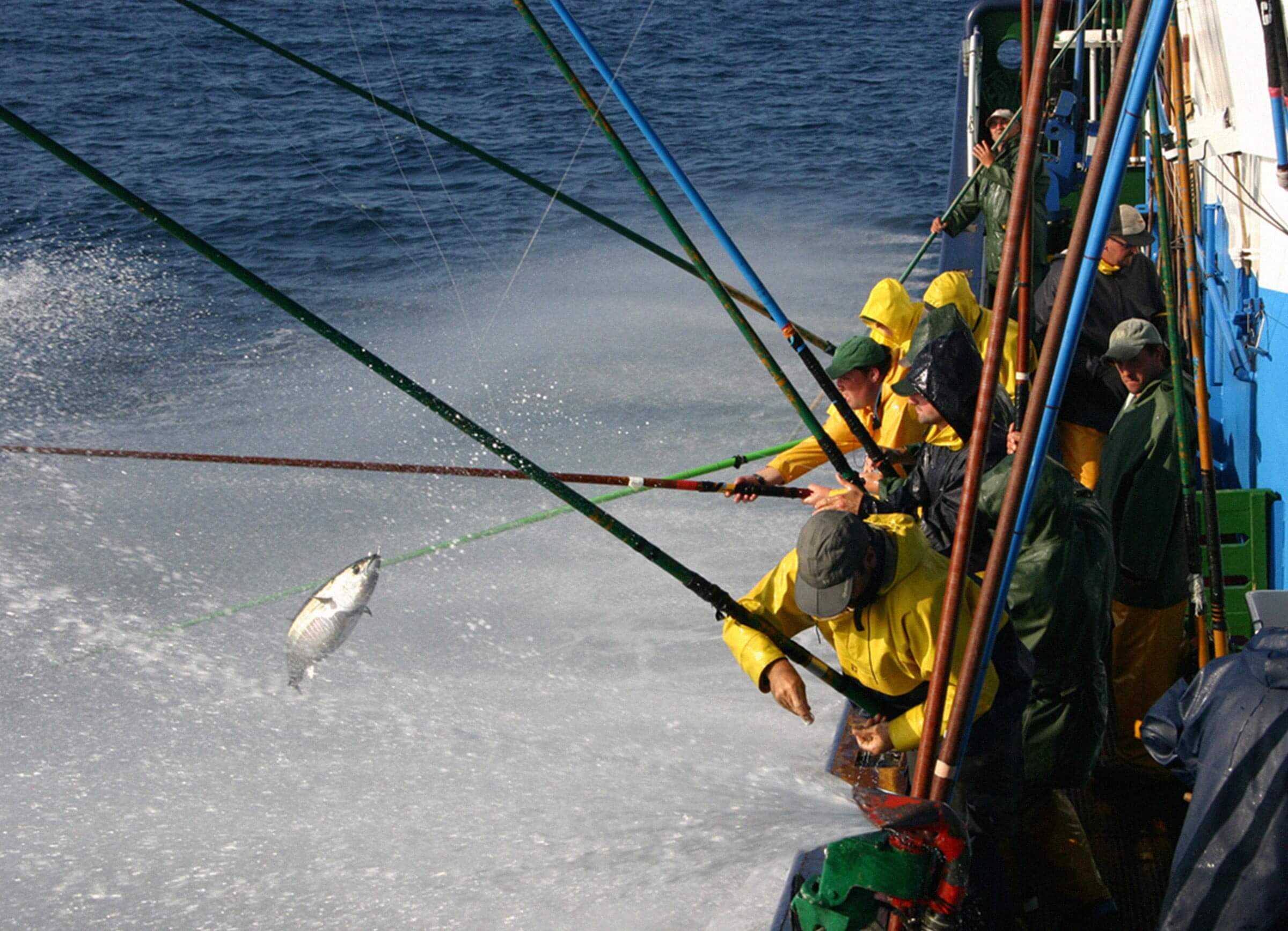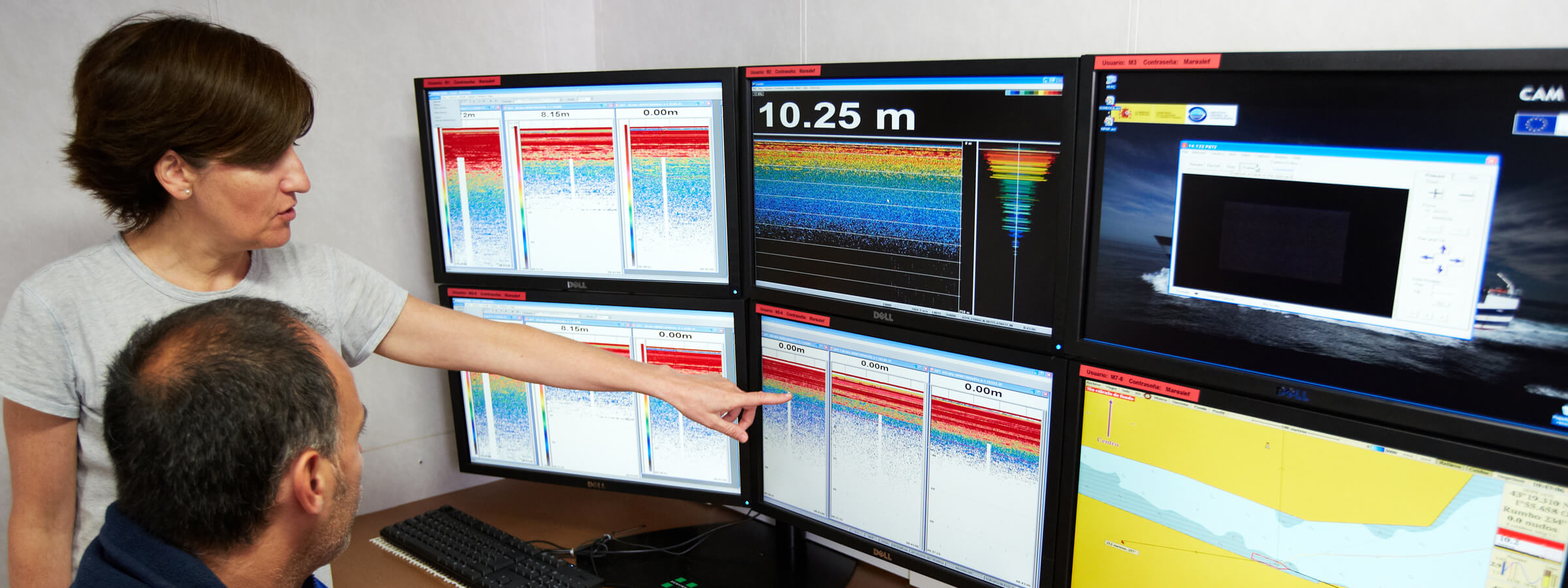Pasaia Glider Port: Cutting-edge monitoring of the marine environment
Innovative technological services leveraging gliders (autonomous underwater vehicles) for real-time study and management of coastal ecosystems.

The Pasaia Glider Port serves as a leading hub for marine monitoring through the use of gliders. These autonomous underwater vehicles are equipped with high-precision sensors and interchangeable sensor modules, enabling the collection of critical data such as temperature, salinity, dissolved oxygen, turbidity, chlorophyll, and fish biomass. Thanks to two-way satellite communication, gliders can be remotely adjusted in real time—both in trajectory and sensor configuration—even under challenging conditions, ensuring optimal performance. Their low speed, near-silent operation, energy efficiency, and hydrodynamic design make them indispensable tools for oceanographic research, capable of undertaking missions ranging from coastal waters to the open ocean over several weeks or months.
Managed by AZTI, this service offers a unique opportunity to gather new datasets with direct implications for the study of marine ecosystems and the sustainable management of resources along the Basque coast. Glider technology plays a crucial role in monitoring the impacts of climate change on marine environments, providing essential insights for the preservation and conservation of marine and coastal biodiversity.
Applications of the Pasaia Glider Port
- Environmental monitoring: Gathering detailed data on water quality and marine ecosystems.
- Climate studies: Assessing the effects of climate change on coastal areas and marine resources.
- Sustainable management: Supporting fisheries management, marine conservation, and coastal planning.
